KF Seetoh, a prominent advocate for Singapore’s hawker culture, raised concerns about the management of Bukit Canberra Hawker Centre (BCHC), run by Canopy Hawkers Group. He highlighted two main issues.
First, he claimed hawkers were being charged $70 per month for the use of a small space, called a “blue basket” or Backyard Cluster, where suppliers leave daily orders.
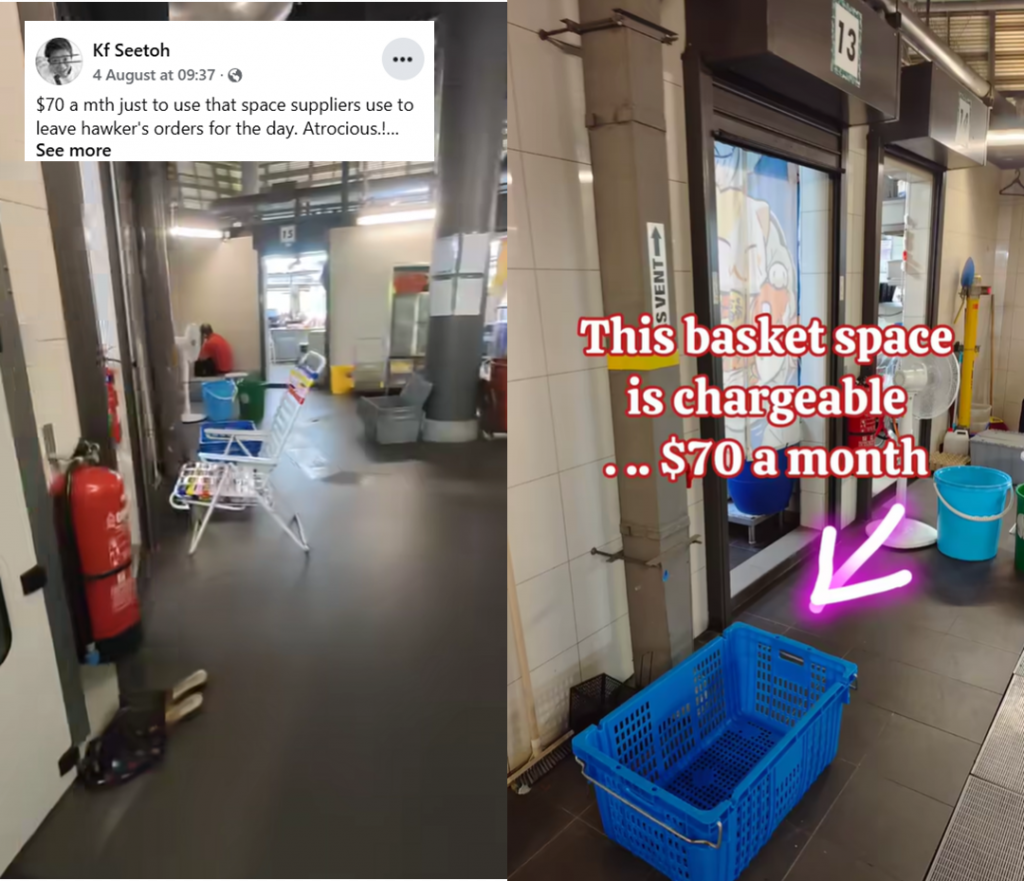
Second, he pointed out that hawkers were contractually obligated to provide 60 free charity meals per month and sell budget $3-3.50 meals to all customers, regardless of income, including wealthy patrons.
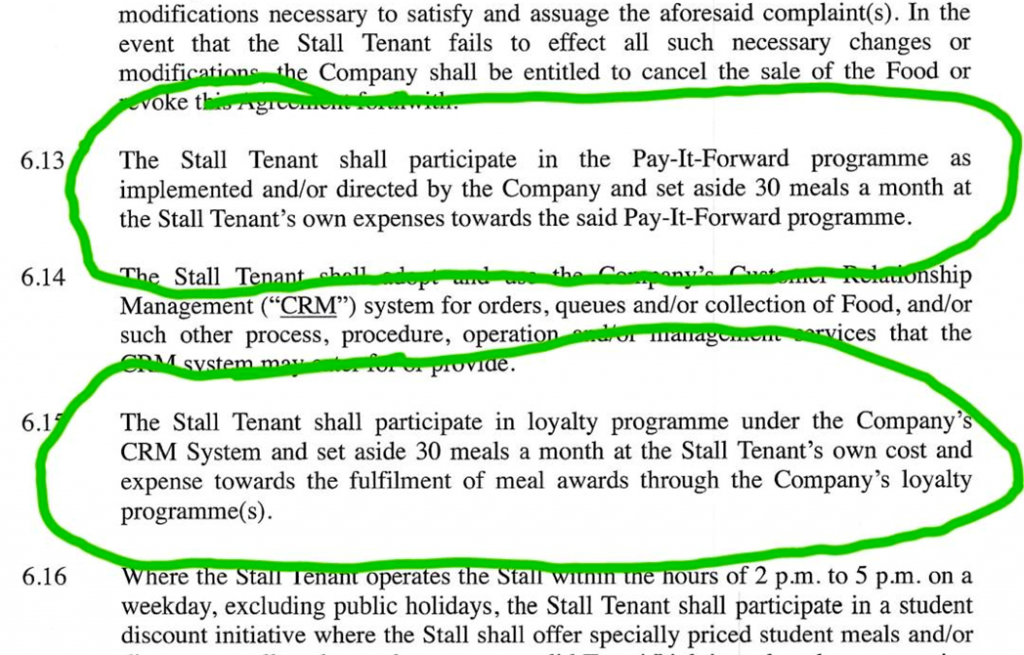
Seetoh argued that charity should be voluntary, not enforced through contracts, and that these practices could threaten the sustainability of hawker livelihoods.
Government and Management Response

Minister Ong Ye Kung and Canopy Hawkers responded to clarify some of the claims. They stated that there is no $70 charge for the blue baskets and that the free meal scheme exists in contracts but is currently voluntary and unenforced.
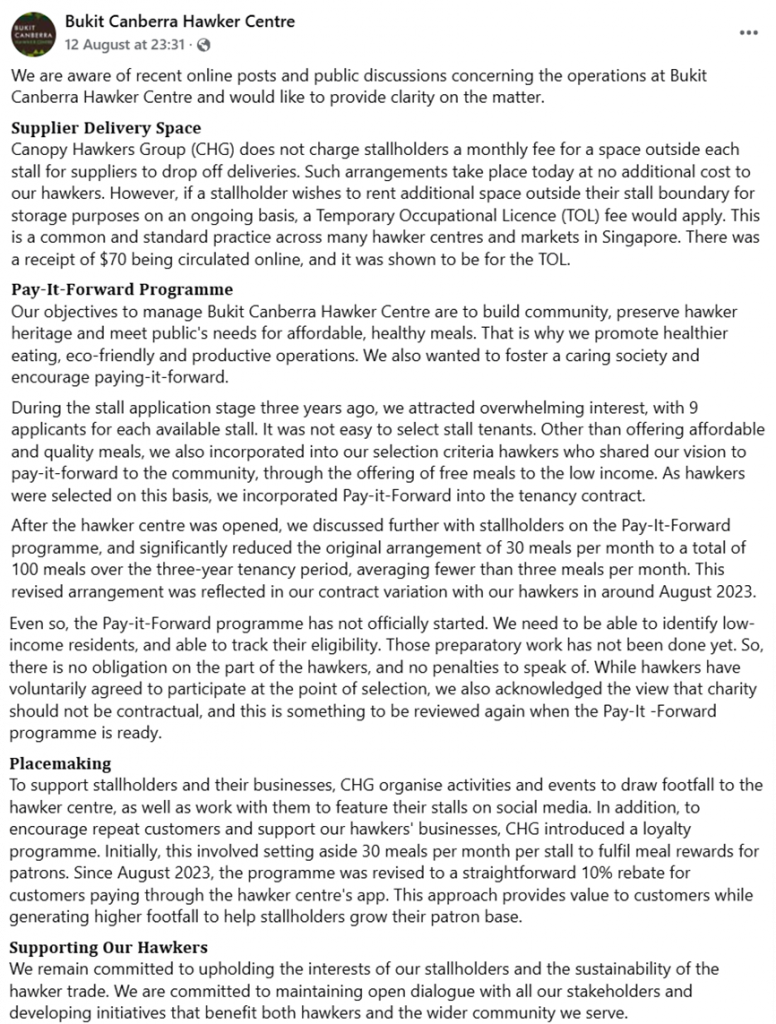
Initially, hawkers had agreed to provide 30 free meals per month, later revised to 100 meals over three years, and the initiative had not yet started. Hawkers themselves confirmed awareness of these contract clauses when signing their leases and generally found the requirements reasonable, although some expressed concern about rising costs and affordability.
Seetoh’s Pushback and Broader Concerns
Seetoh emphasized that the contracts explicitly use the word “shall,” making the free meal obligation legally binding. While unenforced for now, operators could implement it at any time, potentially affecting hawker income.
He also presented evidence of the $70 Backyard Cluster charge and argued that charity should remain voluntary, not mandated by contract.

For Seetoh, these issues reflect a broader systemic problem with how socially responsible hawker centres are managed, impacting hawker livelihoods, public affordability, and the sustainability of Singapore’s UNESCO-recognized hawker culture.
The Penalty Is Real – Hawkers can be fined if they do not take part in the pay-it-forward program
On 14 August 2025, Zaobao published an article which detailed the contracts further, explaining that violations could result in fines or penalty points, though enforcement is not active.

The Bigger Picture
Seetoh argued that this debate is about more than $70 charges or charity meals. It highlights a systemic challenge: ensuring fair management of hawker centres, preserving hawker livelihoods, maintaining affordable food for the public, and safeguarding Singapore’s unique culinary heritage.
He proposed a collaborative effort involving government, hawkers, food experts, historians, and the public to create a comprehensive guide or rulebook for socially responsible hawker centre management. This system would prioritize transparency, sustainability, and fairness, benefiting all stakeholders rather than creating division.
A Call for Greater Transparency
This situation underscores the need for clearer, more transparent guidelines for social enterprise hawker centre management. Contracts and obligations should be fully disclosed and explained to hawkers and the public, ensuring that charity, pricing, and operational requirements are fair, reasonable, and voluntary wherever possible. Only through transparency and collaboration can Singapore’s hawker culture remain vibrant, sustainable, and inclusive for generations to come.
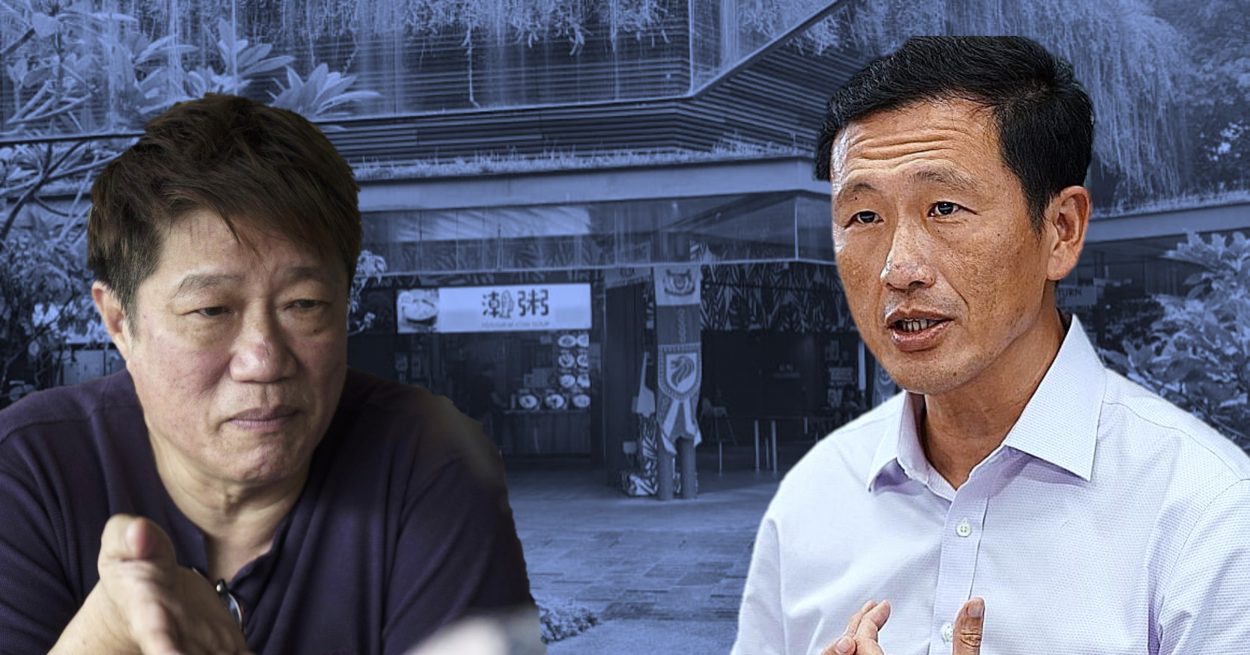
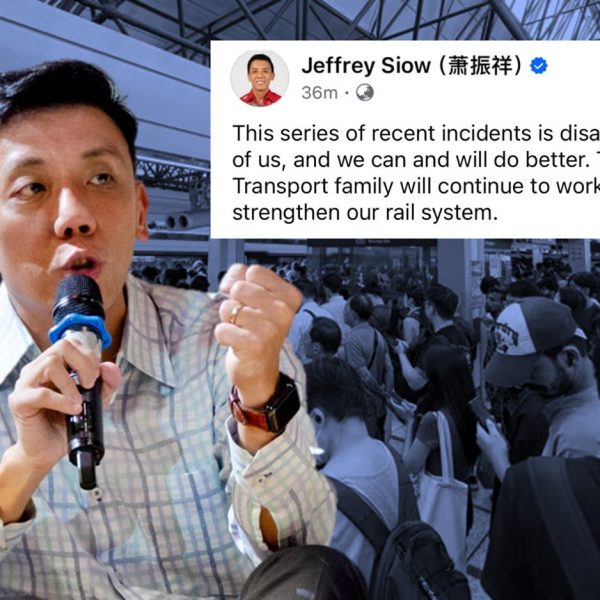
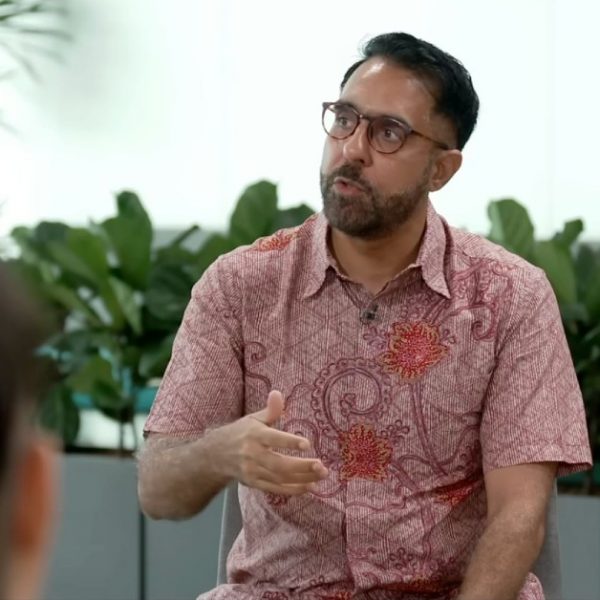
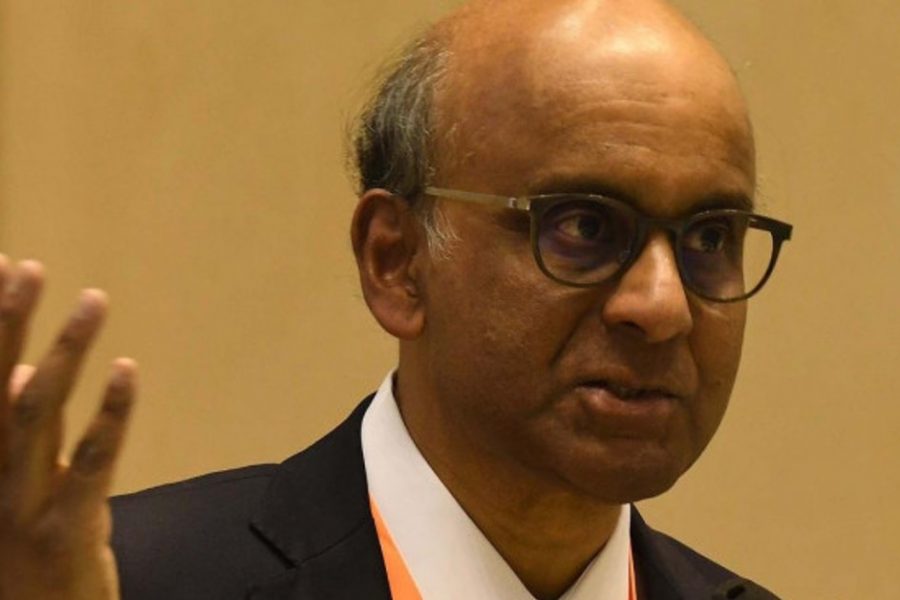

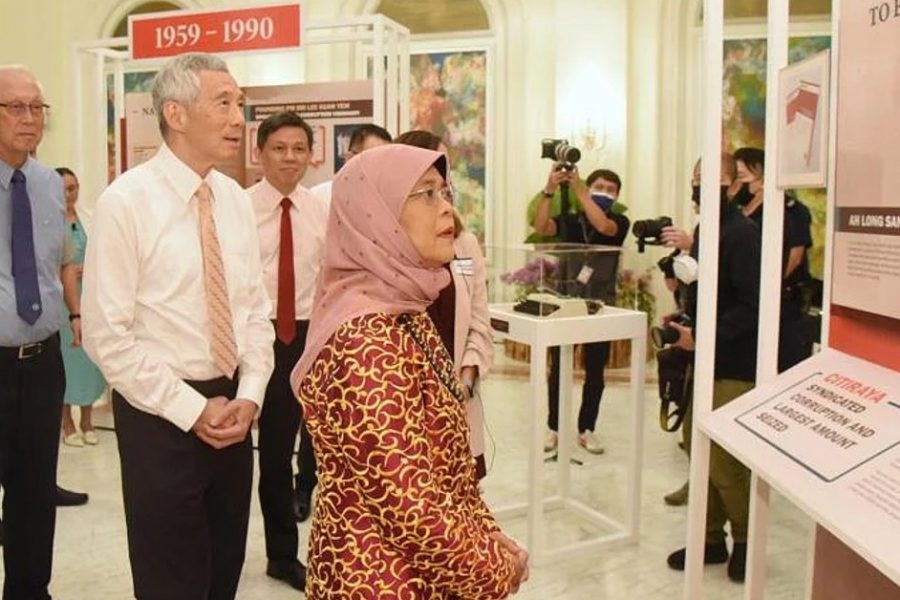
no it’s not it’s quite acceptable to have breakdowns every now and then even trillion dollars airplane and NASA rockets has failed too take alternative transport bus seldom break down
Canopy’s permanent part used .it is mine.patron walks will evolve frustration.just like common void part at block.this place mine and frustration walks passerby.
They are killing our hawkers. No more cheap and good food. Eating rubbish. No wonder so many Singaporean love to go over to Malaysia to have authentic food.
Since contractual terms are raised by the Canopy Hawkers Group then they got to explain if such unreasonable terms should or should not be carried out. After this episode, we can see the wonder of social media. If it is otherwise, I do not think that things can be resolved.